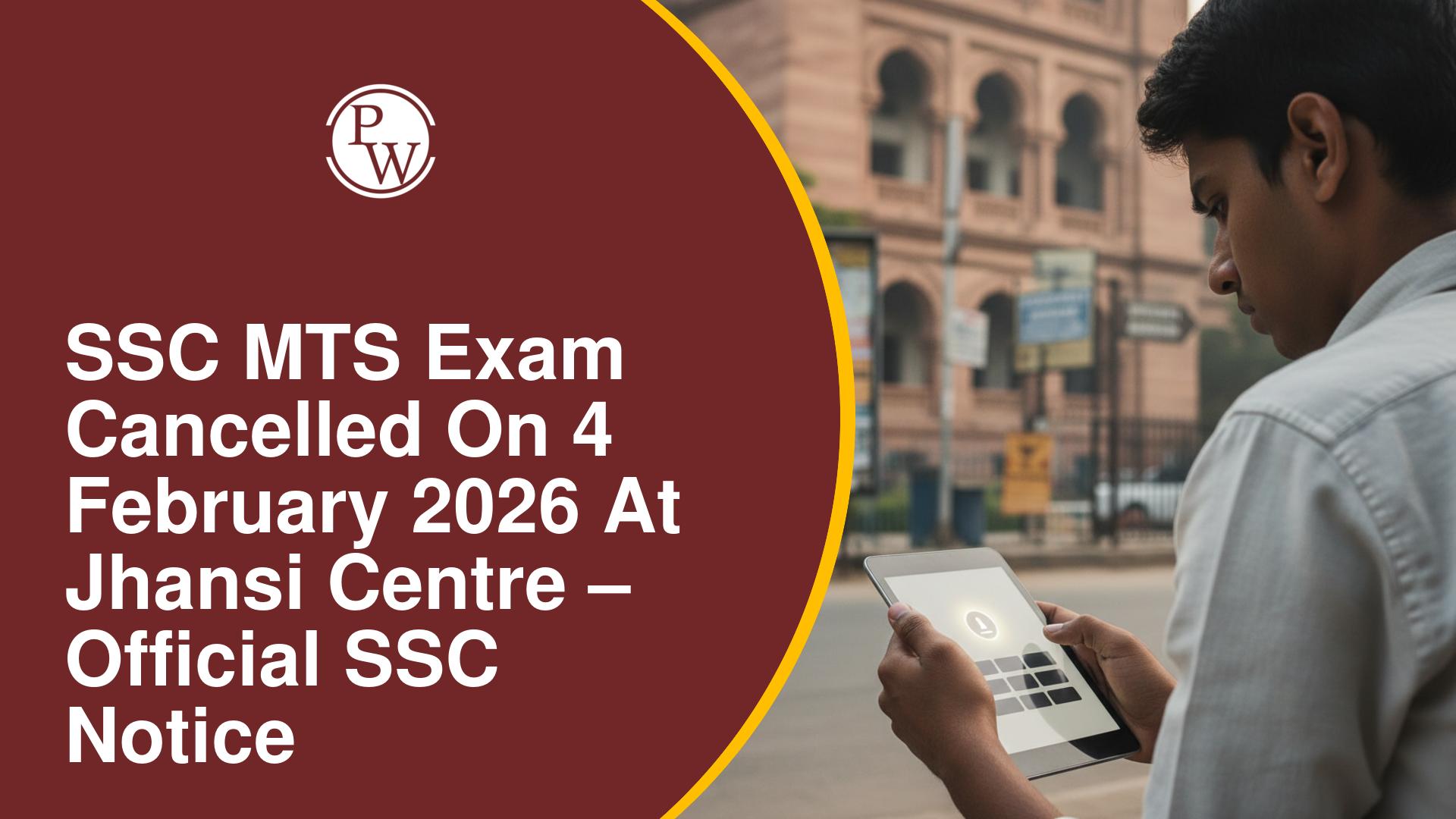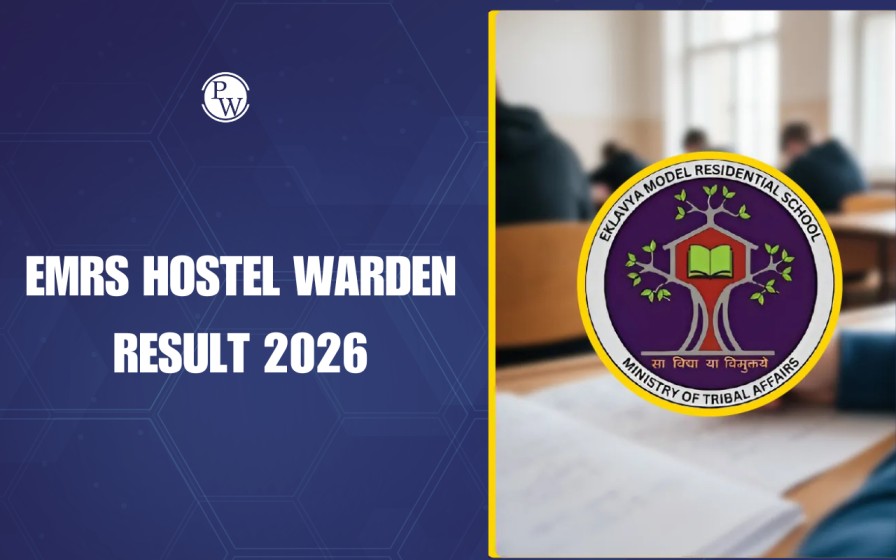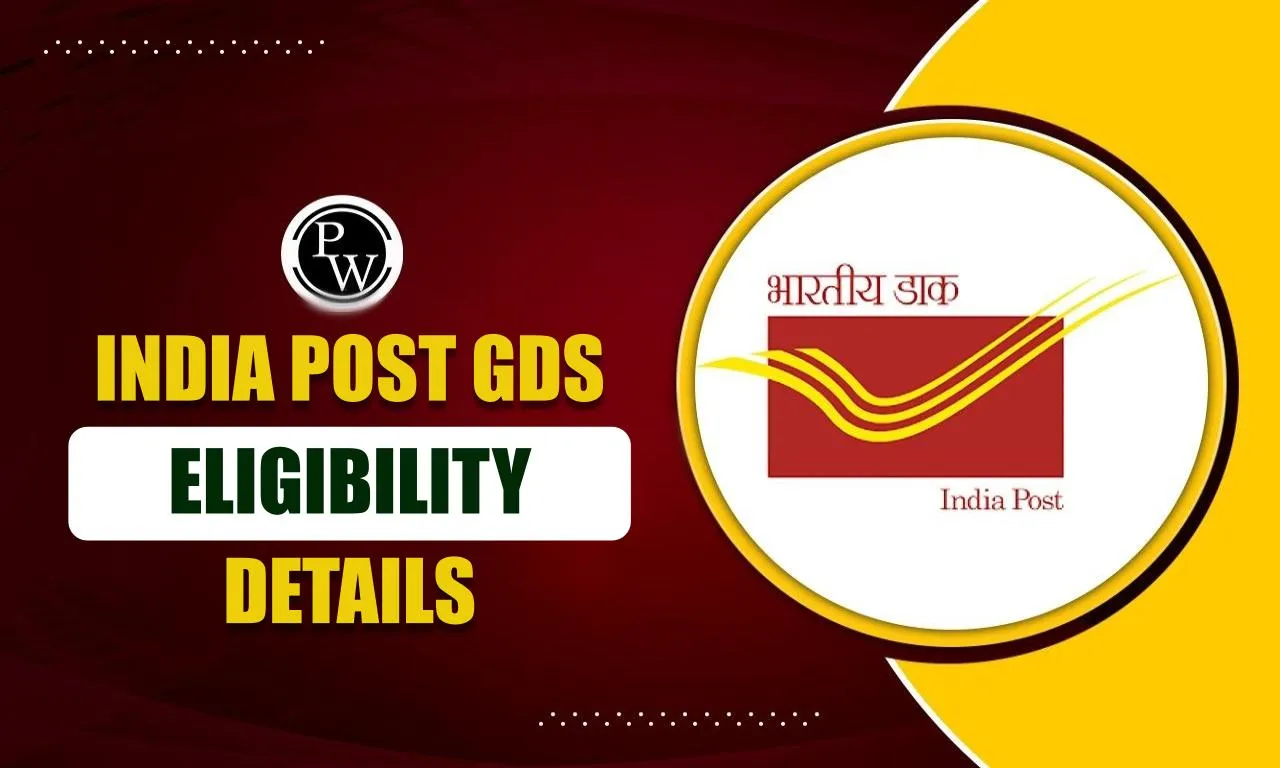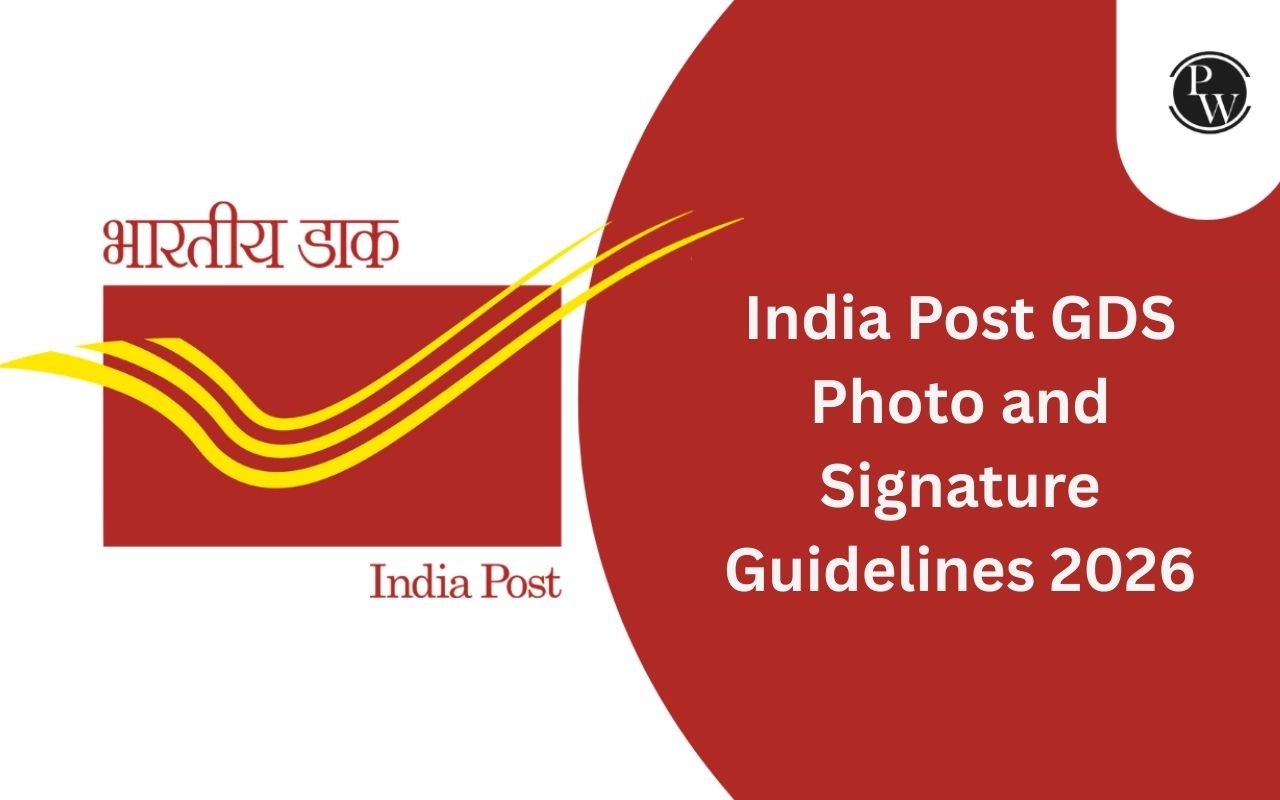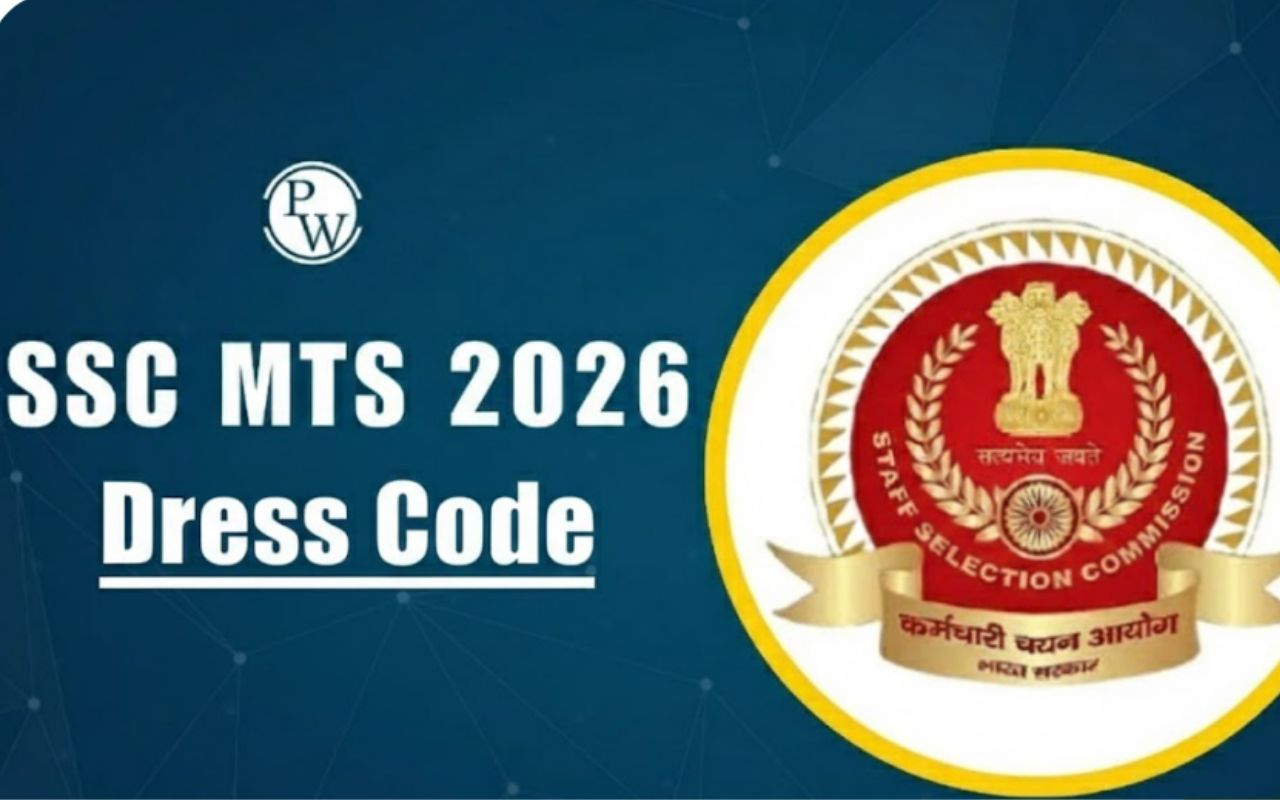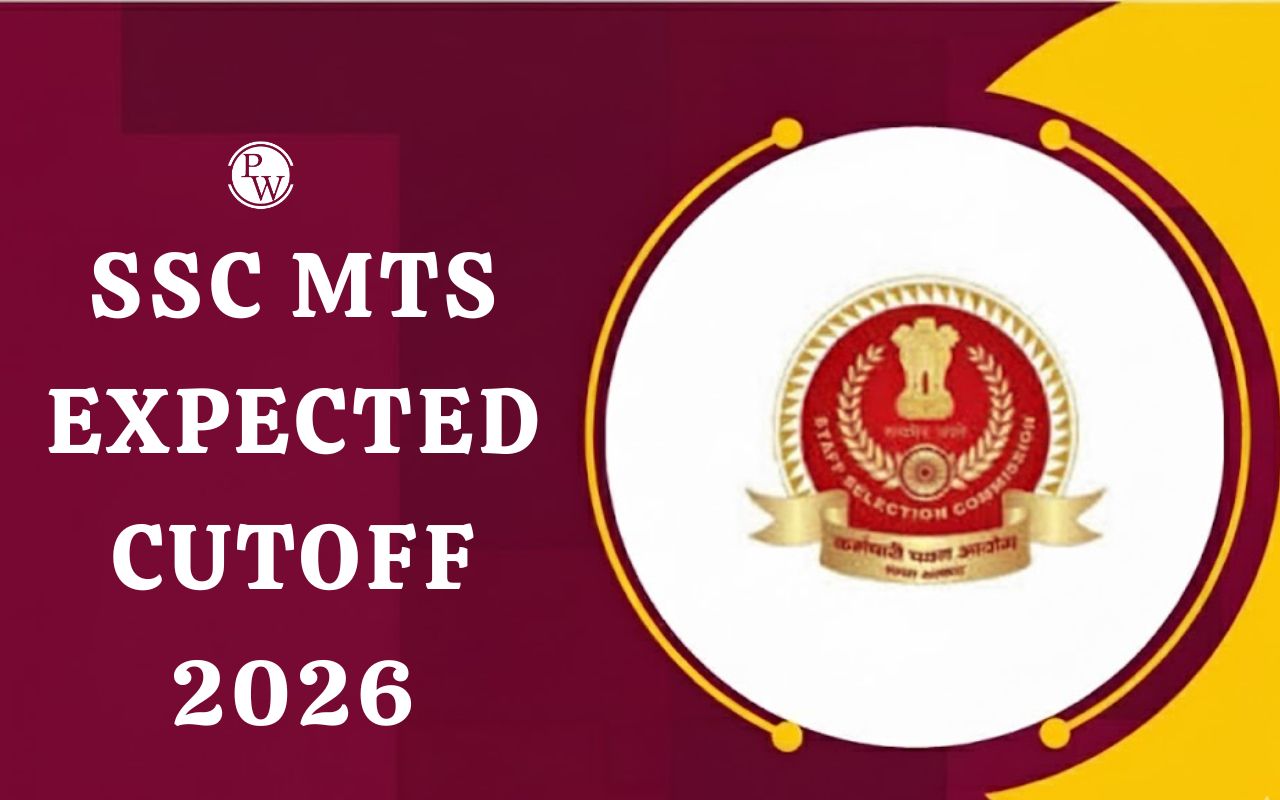
SSC General Awareness Syllabus 2025 is one of the most crucial components of all SSC Exams 2025. Whether you are preparing for SSC CGL, CHSL, MTS, GD Constable, Stenographer, or JE, this section can significantly impact your overall score. Unlike numerical or reasoning sections, General Awareness does not require any formulas or complex calculations. With conceptual clarity and consistent preparation, you can score high with minimum time investment.
Check SSC General Awareness Syllabus 2025 in detail, with a complete subject-wise breakdown, topic explanations, and important subtopics. It is structured in a way that allows aspirants to plan their preparation effectively.
SSC General Awareness Syllabus 2025
The General Awareness (GA) section aims to assess the candidate’s knowledge of their surroundings, historical background, scientific developments, economic structure, political system, and global events. It tests both static and current knowledge. This section generally consists of 25 questions in SSC CGL Tier 1 exams and carries a total of 50 marks. For SSC CGL Tier 2, it is integrated with other subjects. The weightage of the GA section varies depending on the post applied.
Subject Wise SSC General Awareness Syllabus 2025
The SSC General Awareness section can be broadly divided into Static General Knowledge, History, Geography, Polity, Economics, Science and Technology, and Current Affairs. Each topic has its own significance in the exam pattern.
SSC General Awareness Syllabus for Static GK
Static GK includes information that does not change over time. These are facts and figures that remain consistent year after year. This area is particularly important as SSC frequently asks direct one-liner questions from this section.
| SSC General Awareness Syllabus for Static GK | |
|
Sub-Topics |
Details |
|
Important Days |
National and International important days and themes |
|
National Symbols |
National flag, anthem, animal, bird, flower, etc. |
|
Books and Authors |
Famous books, recently released works, and their authors |
|
Cultural Festivals |
Regional and religious festivals celebrated across India |
|
Heritage Sites |
UNESCO World Heritage Sites in India |
|
Awards and Honours |
National Awards like Bharat Ratna, Padma Awards, Nobel Prizes, etc. |
|
Sports and Trophies |
Sports tournaments, venues, and related trophies |
|
Headquarters of Organizations |
Important national and international institutions and their locations |
SSC General Awareness Syllabus for History
The history section in SSC exams mainly emphasizes Indian history, with very few questions from world history. It includes all 3 phases, i.e., Ancient, Medieval, and Modern India. The majority of questions asked from this section are usually from Modern Indian History.
| SSC General Awareness Syllabus for History | |
|
Sub-Topics |
Details |
|
Ancient India |
Indus Valley Civilization, Vedic Age, Mahajanapadas |
|
Medieval India |
Delhi Sultanate, Mughal Empire, Bhakti and Sufi Movements |
|
Modern India |
European Colonization, 1857 Revolt, National Movements |
|
Freedom Fighters |
Subhas Chandra Bose, Gandhi, Nehru, and others |
|
British Policies and Reforms |
Government Acts, Reforms, and Economic Impact |
|
Indian National Congress |
Key Sessions, Resolutions, Leaders |
|
Revolutionary Movements |
Non-Cooperation, Civil Disobedience, Quit India Movements |
SSC General Awareness Syllabus for Geography
Geography questions are generally factual and map-based. Both Indian and world geography are asked, but with greater weightage to Indian geography.
| SSC General Awareness Syllabus for Geography | |
|
Sub-Topics |
Details |
|
Indian Physical Geography |
Mountains, Plateaus, Rivers, Lakes, Deserts |
|
Soil and Vegetation |
Soil types, vegetation belts, agricultural practices |
|
Indian Climate |
Seasons, monsoons, climatic zones |
|
Agriculture and Resources |
Crops, minerals, forests, power resources |
|
Indian States & Capitals |
Location-based facts about Indian states and UTs |
|
World Geography Basics |
Continents, oceans, latitudes, longitudes, time zones |
|
National Parks and Biosphere Reserves |
Protected areas, Tiger reserves, Eco-sensitive zones |
SSC General Awareness Syllabus for Indian Polity
This subject tests a candidate’s understanding of the Constitution, governance system, and public institutions. It is a high-scoring area if concepts are clearly understood.
| SSC General Awareness Syllabus for Indian Polity | |
|
Sub-Topics |
Details |
|
Constitution of India |
Features, Parts, Schedules, Amendments |
|
Fundamental Rights & Duties |
Articles 12–35, Responsibilities of Citizens |
|
Union Government |
President, Vice-President, Prime Minister, Council of Ministers |
|
Parliament |
Lok Sabha, Rajya Sabha – Structure, Functions, Powers |
|
Judiciary |
Supreme Court, High Court, Judicial Review |
|
State Government |
Governor, CM, State Legislature |
|
Constitutional Bodies |
Election Commission, CAG, UPSC, Finance Commission |
|
Non-Constitutional Bodies |
NITI Aayog, National Human Rights Commission, etc. |
SSC General Awareness Syllabus for Economics
In the SSC General Awareness syllabus, Economics involves basic concepts and recent economic developments. It is less numerical and more conceptual.
| SSC General Awareness Syllabus for Economics | |
|
Sub-Topics |
Details |
|
Basic Economic Terms |
GDP, GNP, Inflation, Fiscal Deficit, Balance of Payments |
|
Banking and Finance |
RBI, Monetary Policy, CRR, SLR, Repo Rate, Bank Functions |
|
Union Budget |
Budget components, Revenue, Expenditure |
|
Taxation and GST |
Direct and Indirect Taxes, GST structure |
|
Government Schemes |
PM-KISAN, PMAY, MGNREGA, Startup India, Skill India |
|
Reforms and Policies |
LPG Reforms, NITI Aayog, Five-Year Plans |
|
Employment and Poverty |
Types of unemployment, causes of poverty, poverty alleviation programs |
SSC General Awareness Syllabus for Science and Technology
The science part of the syllabus is derived mostly from Class 6 to 10 NCERT books. It covers everyday science, technological developments, and general science topics.
| SSC General Awareness Syllabus for Science and Technology | |
|
Sub-Topics |
Details |
|
Physics |
Motion, Force, Work, Energy, Light, Magnetism, Sound, Optics |
|
Chemistry |
Elements, Mixtures, Compounds, Acids, Bases, Periodic Table |
|
Biology |
Human Body Systems, Plant Biology, Nutrition, Diseases |
|
Scientific Instruments |
Devices used in experiments and everyday life |
|
Space & Defence Technology |
ISRO, DRDO, Satellite Launches, Missiles |
|
Modern Technologies |
Artificial Intelligence, Blockchain, Internet of Things (IoT) |
|
Health and Environment |
Vaccines, Diseases, Climate Change, Pollution |
SSC General Awareness Syllabus for Current Affairs
Current Affairs cover the latest events and developments from India and across the globe. The SSC GA paper generally includes news from the last 6 to 12 months.
| SSC General Awareness Syllabus for Current Affairs | |
|
Sub-Topics |
Details |
|
National News |
New policies, schemes, events in India |
|
International News |
Global Summits, Treaties, International Conflicts |
|
Government Schemes |
New and updated welfare schemes |
|
Appointments and Resignations |
National and international level appointments |
|
Sports |
Tournaments, Indian performances, host countries |
|
Science and Defense |
Innovations, Launches, Joint Military Exercises |
|
Awards |
National and International recognitions |
|
Reports and Indexes |
Rankings published by NITI Aayog, UN, World Bank, etc. |
|
Budget Highlights |
Key announcements, allocations, reforms |
Topic-Wise Weightage of SSC General Awareness Section
Understanding the weightage helps in prioritizing preparation. Based on previous years, here is a table showing topic-wise distribution:
|
Topic-wise Weightage in SSC General Awareness Section |
|
|
Important GA Topics |
Expected Questions (Out of 25) |
|
Current Affairs |
5–6 |
|
Static General Knowledge |
4–5 |
|
History |
3–4 |
|
Geography |
2–3 |
|
Indian Polity |
3–4 |
|
Economics |
2–3 |
|
Science & Technology |
5–6 |
Focus more on high-weightage areas like Science, Current Affairs, and Static GK, as they frequently appear in SSC exams. The SSC General Awareness Syllabus 2025 is vast but not difficult to prepare if approached with the right strategy.
PW provides SSC exam content, including SSC Exam Blogs, sample papers, mock tests, guidance sessions, and more. Also, enroll today on SSC Online Coaching for preparation.
SSC General Awareness Syllabus 2025 FAQs
What is the SSC General Awareness section?
How can I cover the SSC General Awareness Syllabus effectively?
Is current affairs important for SSC General Awareness 2025?
Does SSC repeat questions in the General Awareness section?

